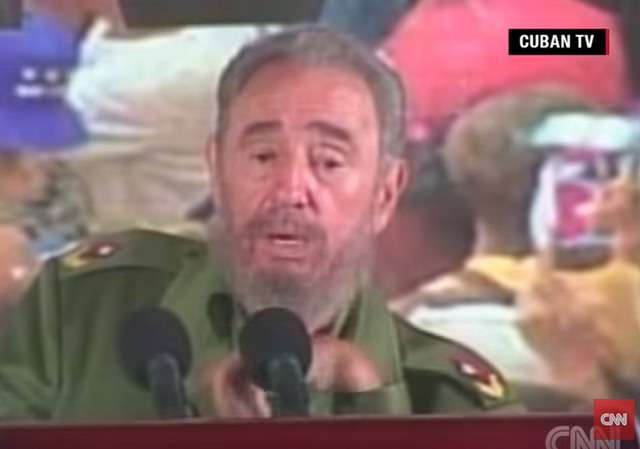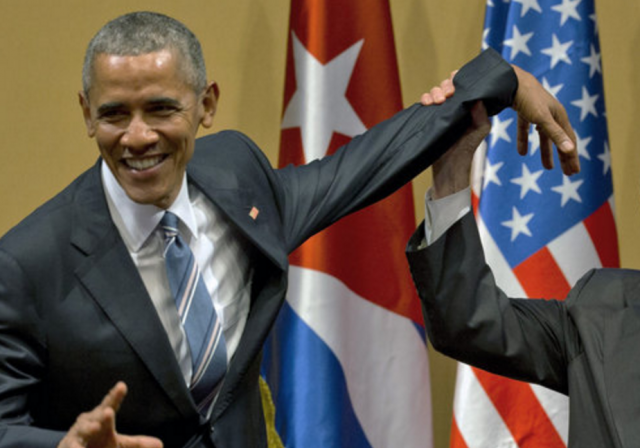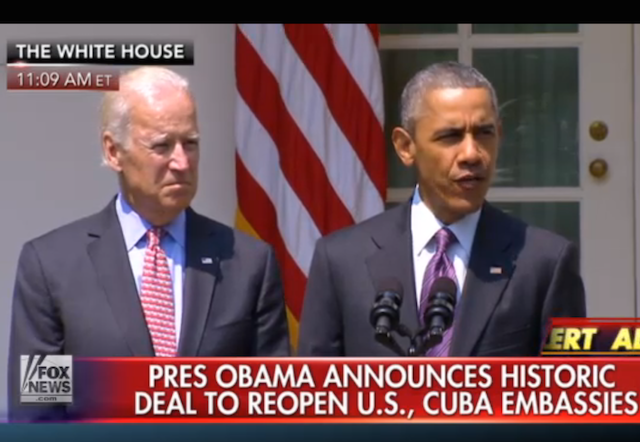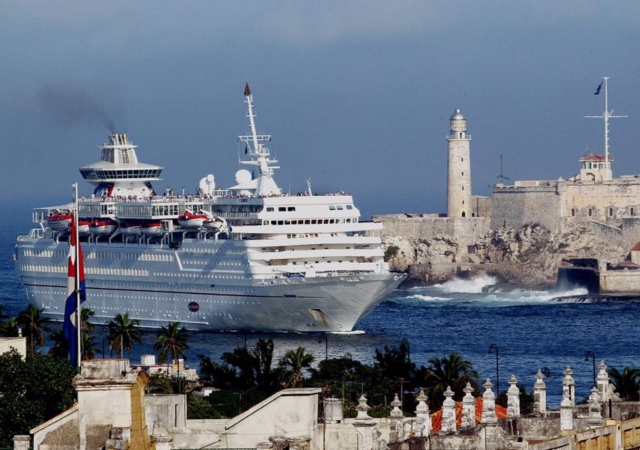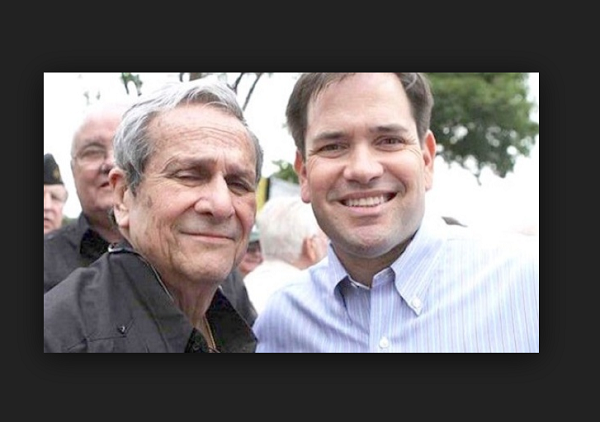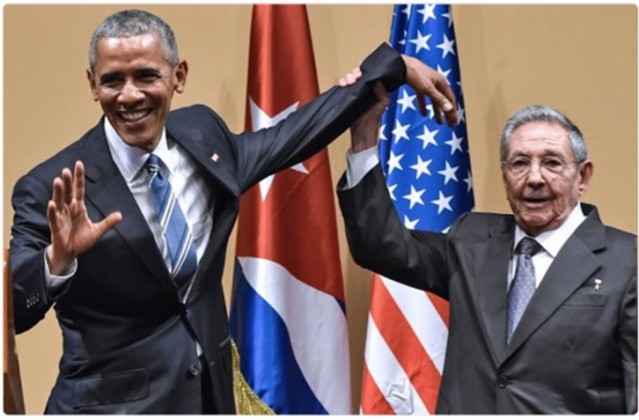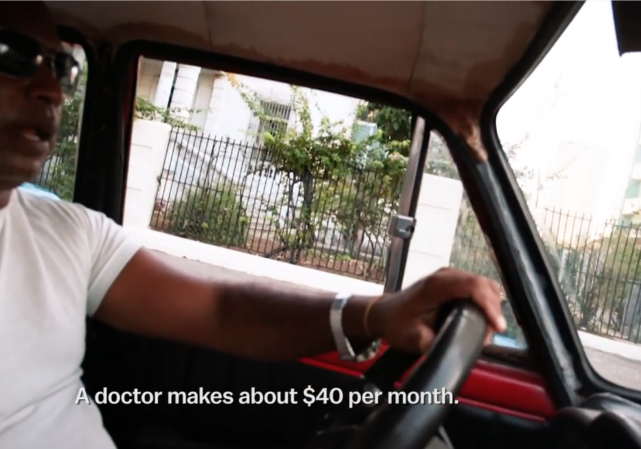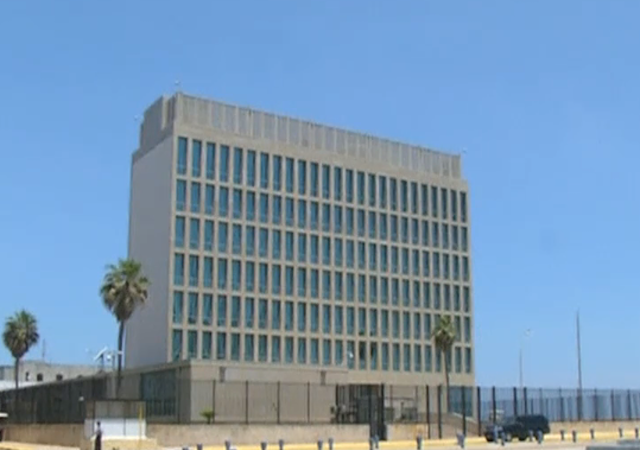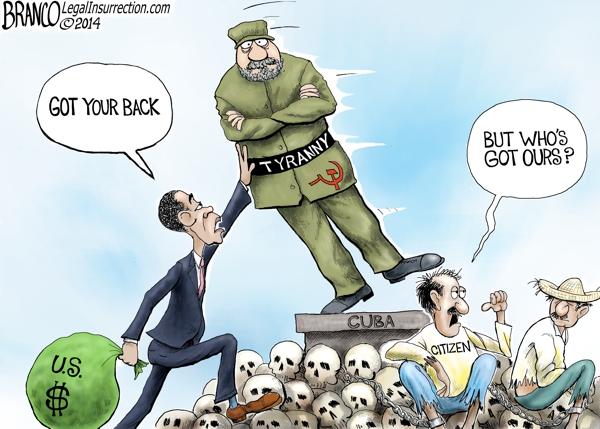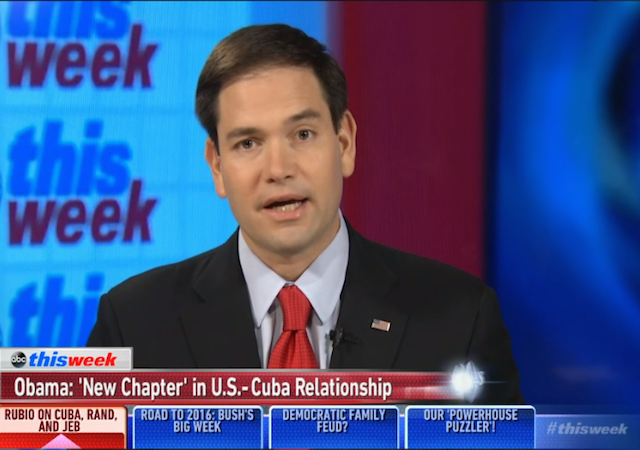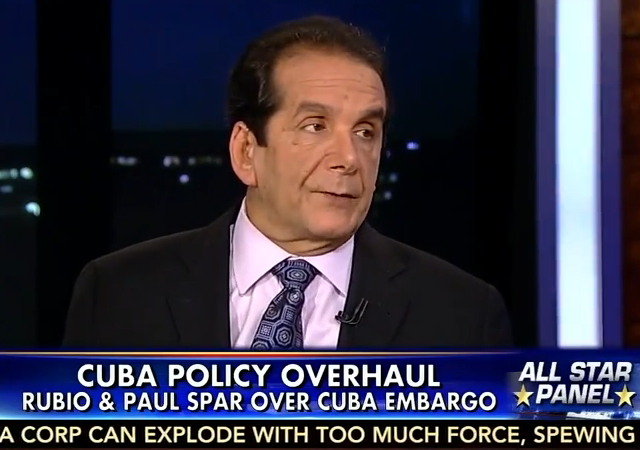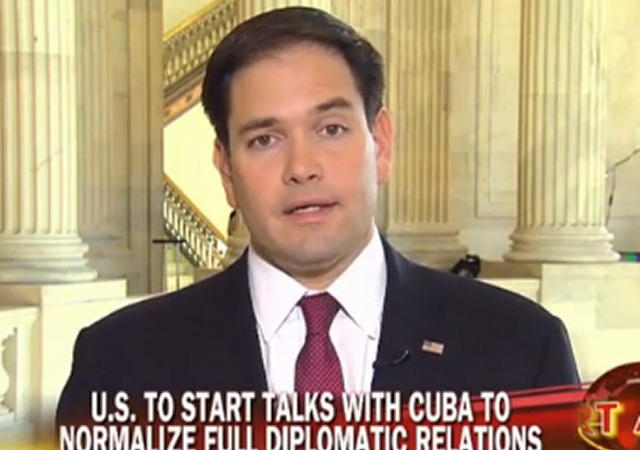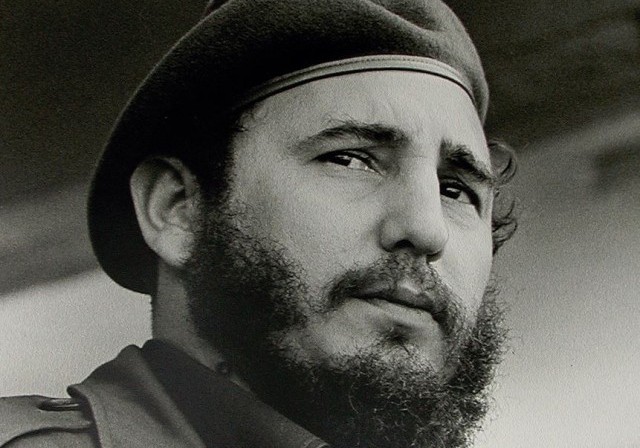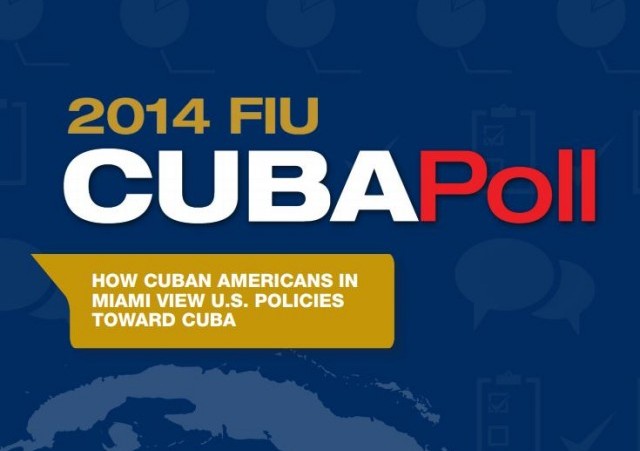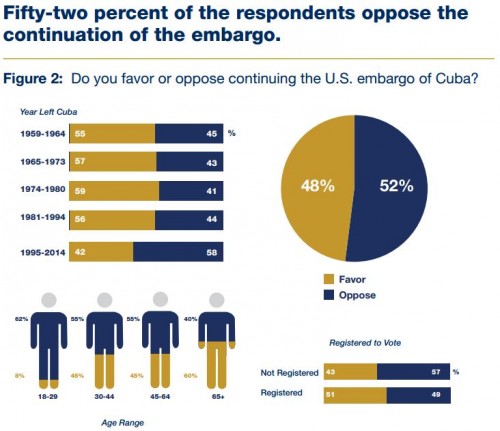Cuban-American Reporter Calls Out Kaepernick on Castro Praise
on November 26, 2016
13 Comments
As Cuban exiles flood into the streets of Miami to celebrate the death of Fidel Castro, I'm reading an article published yesterday—just hours before Castro's death was announced, an article by a Miami Herald reporter who challenged Colin Kaepernick on his fanciful notions about Castro.
Earlier this week the San Francisco 49ers quarterback who refused to stand for the national anthem heaped praise on Castro; Herald reporter Armando Salguero took issue with Kaepernick's ignorant and hypocritical comments.

